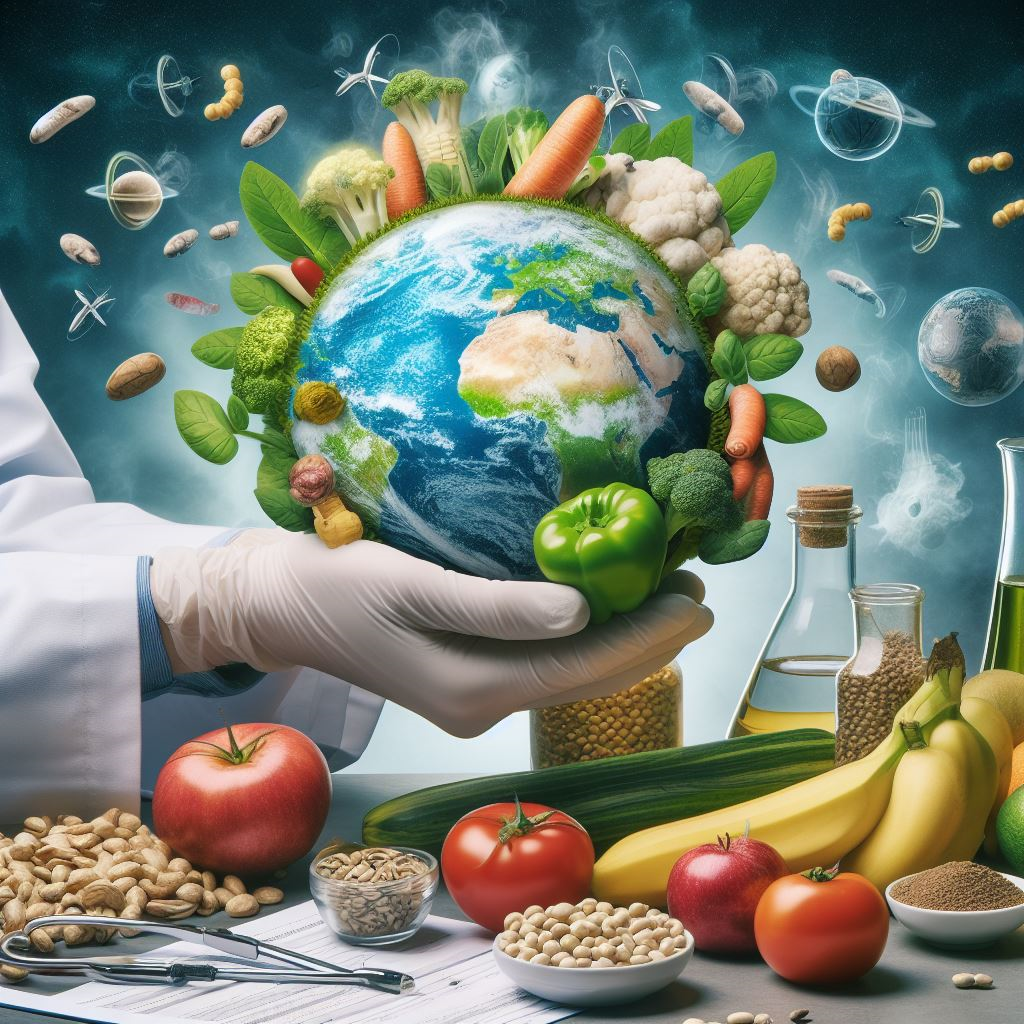Global nitrogen losses have far-reaching consequences, leading to water pollution, algal blooms, biodiversity losses, and air pollution.

Researchers from the Joint Research Centre (JRC) shed light on the environmental threats posed by intensive livestock farming and diets rich in animal products in a groundbreaking report released today by a group of international scientists working with the United Nations Air Convention. The report, titled ‘Appetite for Change: Food system options for nitrogen, environment & health,’ emphasizes the urgent need for transformative actions to address the substantial reactive nitrogen losses that contribute to air, water, and soil pollution, ultimately impacting climate change.
The research aligns with the targets set in the United Nations Environment Programme’s Colombo Declaration and the Kunming-Montreal Global Diversity Framework, as well as the European Union’s ambition to reduce nutrient losses, including nitrogen, by 50%. These targets aim to counteract the depletion of nitrogen in soil, identified as a leading cause of biodiversity losses and a threat to natural resources crucial for food security.
Global nitrogen losses have far-reaching consequences, leading to water pollution, algal blooms, biodiversity losses, and air pollution. Excess nitrates compromise the farming sector’s ability to sustainably feed a growing population, especially with diets high in meat.
The report advocates for a more sustainable food system through a balanced range of actions, including a “demitarian” approach – halving meat and dairy consumption. Researchers propose a combination of reduced meat and dairy intake, improved farm and food chain management, and a shift towards a circular economy. Such changes could result in a significant 49% reduction in nitrogen losses, contributing to a healthier planet and promoting human health.
Among the 144 scenarios investigated, 11 options that cut nitrogen loss by 50% and meet EU targets involve dietary changes. The most balanced and cost-effective approach to reducing nitrogen losses by 49% includes halving meat and dairy consumption, improving farm and food chain management, and addressing overconsumption and protein intake.
The shift to more plant-based diets not only reduces nitrogen footprints and greenhouse gas emissions but also brings positive health outcomes. High nitrate levels in drinking water and food are linked to increased risks of non-communicable diseases, including cancer, thyroid disease, and cardiovascular disease.
Additionally, the report highlights the importance of reducing food waste and improving wastewater treatment to recover more nutrients, further decreasing nitrogen losses from the soil.
In 2015, only 18% of nitrogen in the European food system was utilized in food and fiber products, with the majority wasted and contributing to environmental pollution. The report underscores the need for creating sustainable food systems, particularly in light of rising energy, fertilizer, and food prices since 2021.
Plant-based diets require less land and mineral fertilizers, reducing energy dependency and increasing resilience to food and energy crises. The report aligns with the Commission Communication on safeguarding food security and reinforcing the resilience of food systems, emphasizing the necessity to reduce the dependency of European agriculture on energy, fertilizers, and feed imports.
Improving nitrogen use efficiency at the farm level is already possible with existing technologies, particularly in arable systems, which could achieve an improvement of up to 92%. Future technologies, including precision and digital farming, offer even greater potential to enhance nitrogen use efficiency.
Transforming the food system and achieving nitrogen targets require integrated policies, financial incentives, and efforts to guide consumers toward more sustainable food choices. Utilizing solutions such as legumes and promoting innovation in food and feed can contribute to low nitrogen footprint diets while providing nutritional benefits.
As the world grapples with the complex challenges of environmental sustainability, the findings of this report provide a roadmap for creating a more resilient and environmentally friendly food system that ensures both human well-being and the health of the planet.